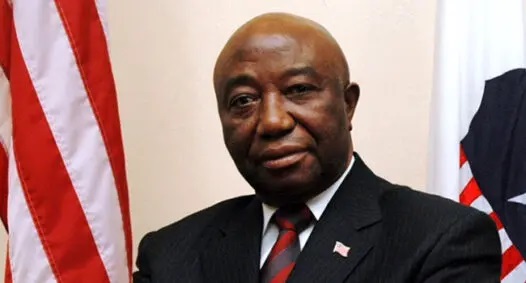Monrovia, Liberia – In a major disappointment to civil servants, the Boakai administration has presented a national budget with no salary increases, despite campaign promises to prioritize the welfare of government workers.
The Unity Party strongman, Joseph Boakai, had campaigned on the mantra of increasing civil servants’ salaries as a means of reducing poverty and unemployment in the country. The former administration had reduced salaries as a way to accommodate more civil servants, but Boakai and his party made this a key campaign issue, vowing to reverse the trend.
However, in his first year in office, President Boakai has seemingly abandoned the interests of civil servants. The draft budget submitted to the national legislature contains no provisions for salary increases, even as the government has continued to dismiss civil servants en masse.
This move has drawn widespread criticism from labor unions and civil society groups, who accuse the Boakai administration of reneging on its promises to the very people who form the backbone of the Liberian public sector.
“The President campaigned on the need to improve the welfare of civil servants, but now that he is in power, he has turned his back on us,” said Regina Teah, a Civil Servants. “This is a betrayal of the trust placed in him by hardworking government employees.”
The Boakai administration has yet to comment on the budget proposal, but observers say the lack of salary increases is likely due to fiscal constraints and the need to balance competing priorities. However, many argue that the government should have found a way to fulfill its campaign pledge to the civil service.
As the national legislature debates the budget, civil servants and their representatives will be closely watching to see if any last-minute adjustments are made to address their concerns. The outcome of this debate could have significant political implications for the Boakai administration and its relationship with a crucial constituency.

